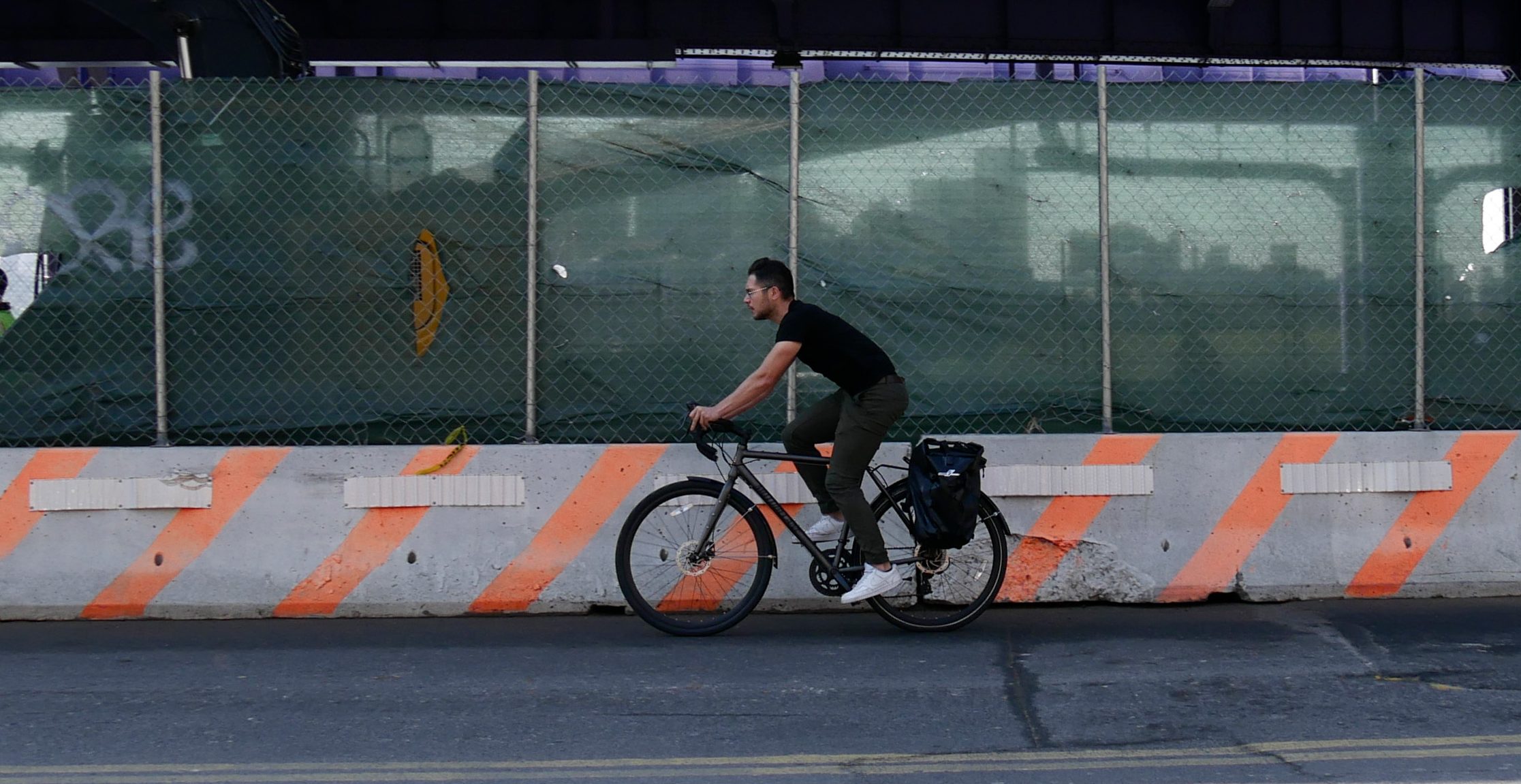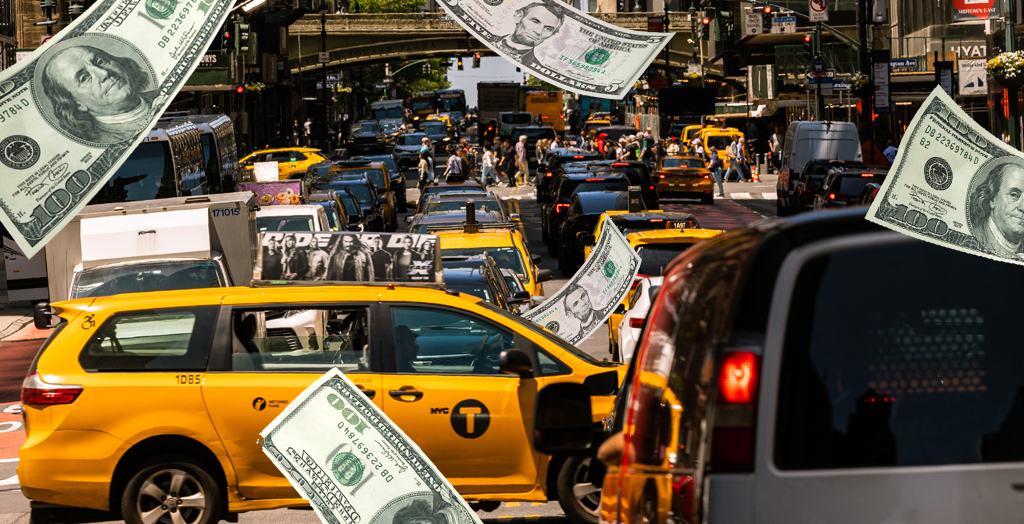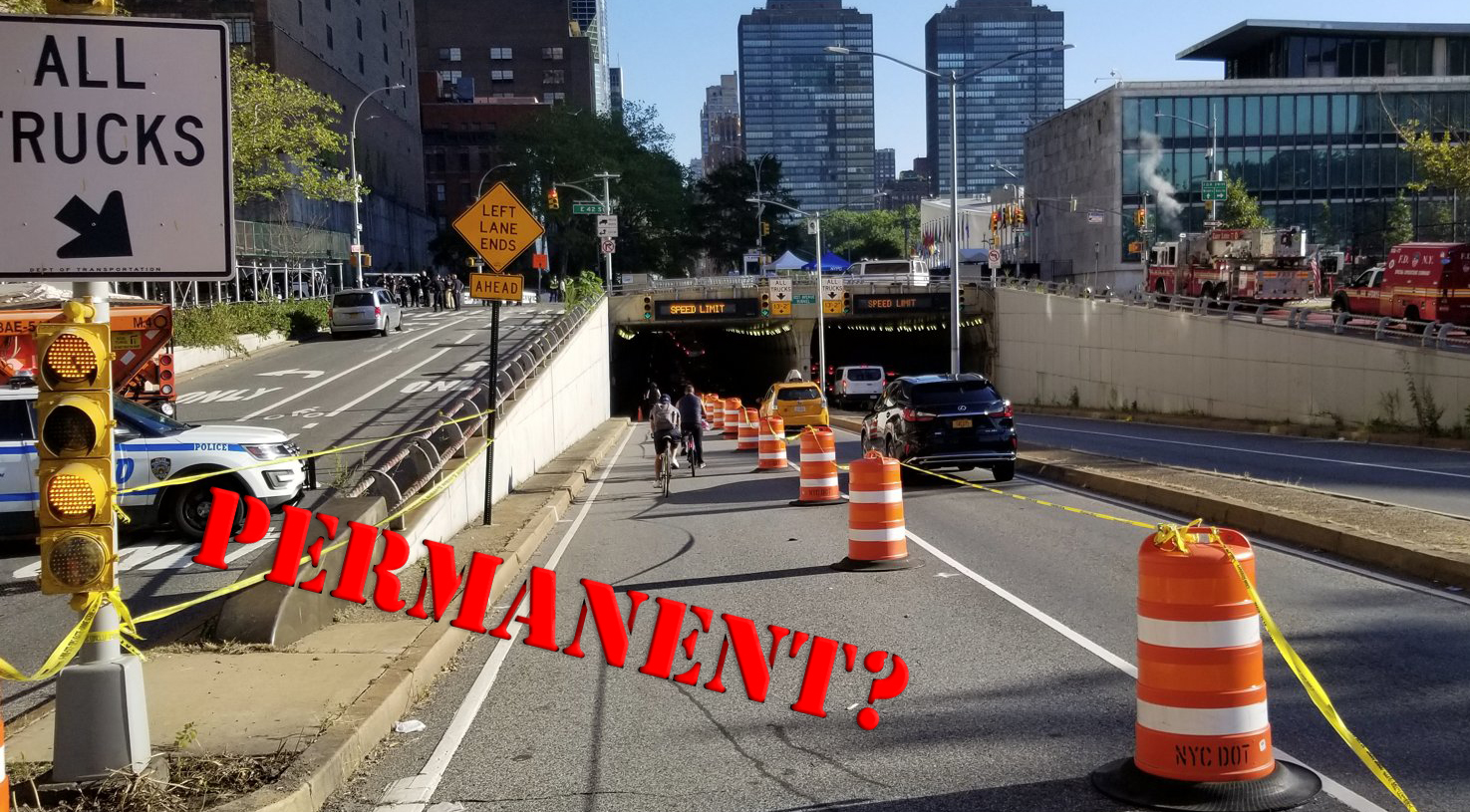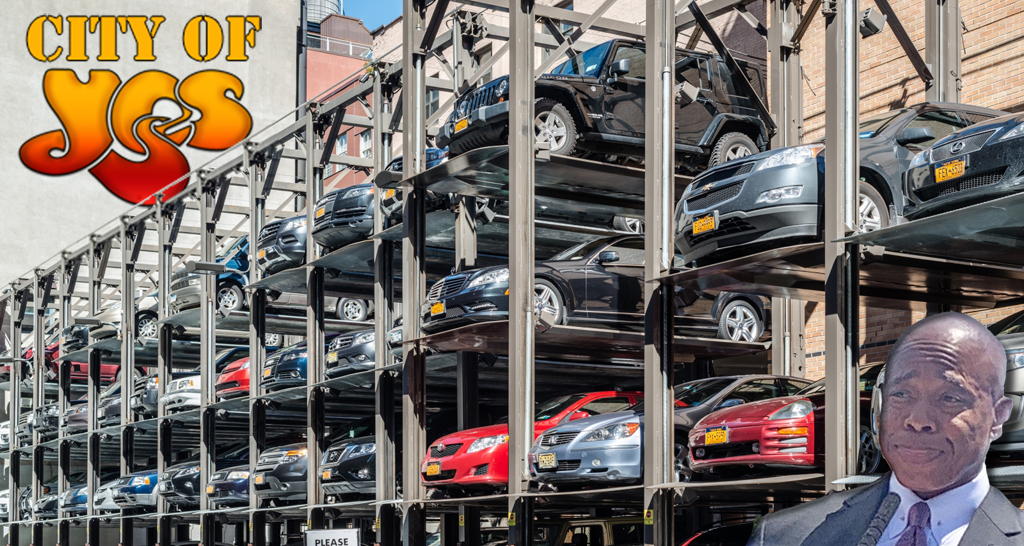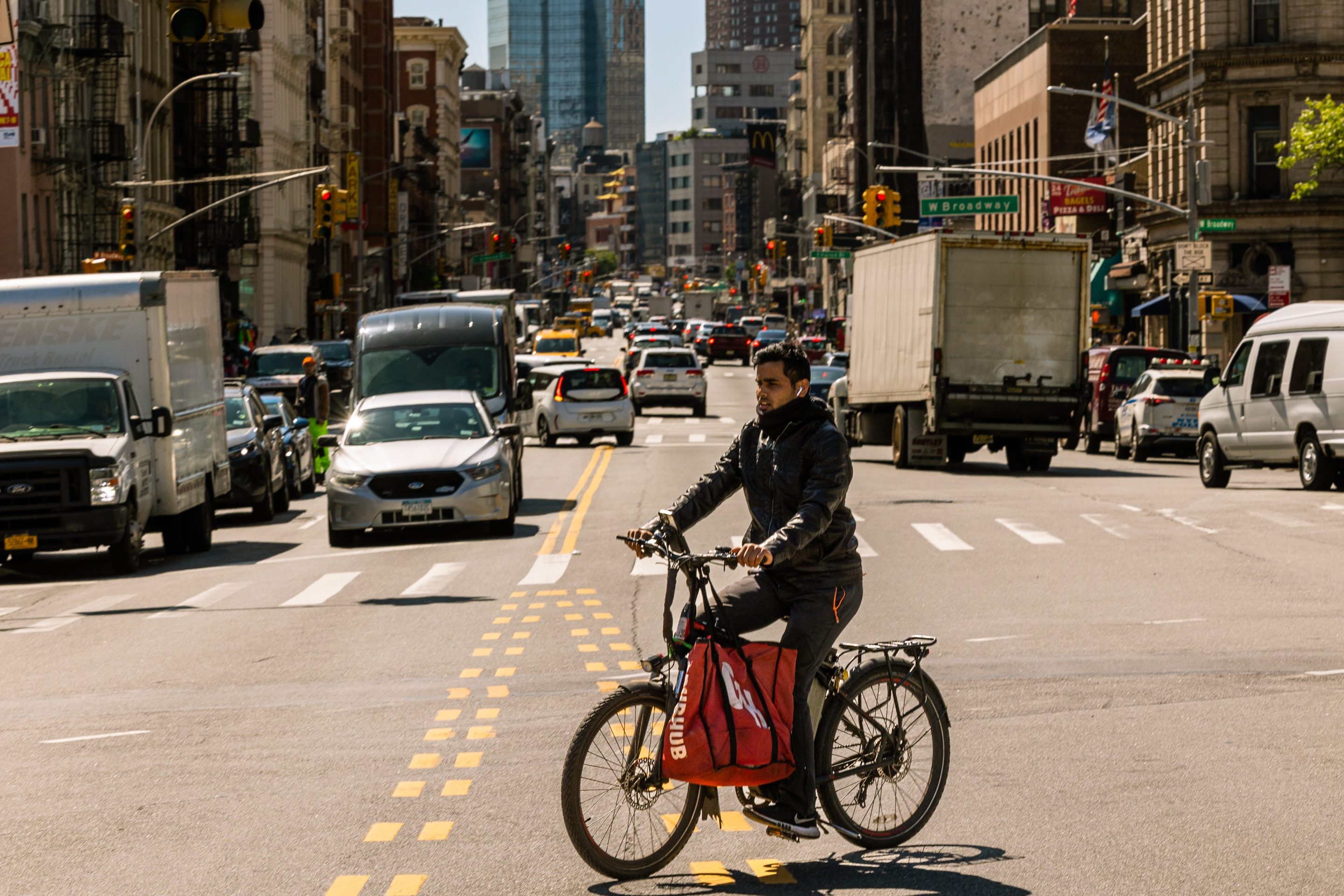Streetsblog
Cutting Transit Means Cutting Independence
Stay in touch
Sign up for our free newsletter
More from Streetsblog New York City
Eyes On The Street: Coastal Resiliency Causes Mess For Pedestrians and Cyclists
Unfortunately for cyclists and pedestrians, this situation won't be fixed until "at least 2026.”
State Pols Still Haven’t Spent Millions Alloted for Transit as Congestion Pricing Looms
There's like $45 million sitting there — unspent — for outer borough transit improvements. What are state pols waiting for?
Supporters, Mayor Rally for ‘City of Yes’ Zoning Change as it Enters Public Review Phase
The mayor's signature zoning plan is ready for review by all 59 community board, plus the city's five borough presidents and then each Council member. Advocates are worried it will be watered down.
‘Buy, Bully, Bamboozle’: Report Alleges App Companies Threaten Democracy
App delivery companies seek to block worker-led improvements by spending big money on political influence, leveraging their data, and even co-opting progressive language, argues a new report that lands days before a national one-day strike by app-workers.

